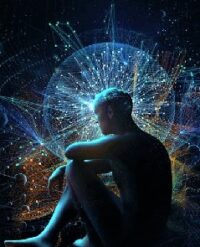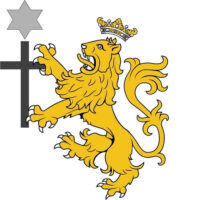Tag: Aristotle
-

Esoteric Anthropology
So the first task is to begin observing and transcending the misconceptions of the first stage. A temporary “I” develops that integrates the three lower centers. This is still a transitional, or psychological, state, often represented as the lower Ego.
-
Prole Thoughts
Since I had been taking notes about various news programs over the past week, I was intending to comment on them. That turned out to be distasteful and probably futile, so instead I prefer to continue commenting on European aristocratic philosophy as succinctly summarized by Prof Alexander Jacob in his book Nobilitas; since it seems…
-

The Spirit Soul
Pure spirits communicate through thought transference. This has consequences for the Occult War. Men believe their thoughts are their own, even though they cannot predict what they will think of one minute from now, and seldom consider the source of thoughts. But thoughts come from the hierarchies of higher beings and angels and demons. That…
-
Doctrine of the Soul
In the Medieval period, the doctrine of the soul reached its deepest understanding in the thought of Thomas Aquinas. This doctrine was adopted, virtually in toto, from Aristotle. Now, Aristotle was the heir to the totality of Greek philosophy and its mysteries. Even if much of that earlier work has now been lost except in…

